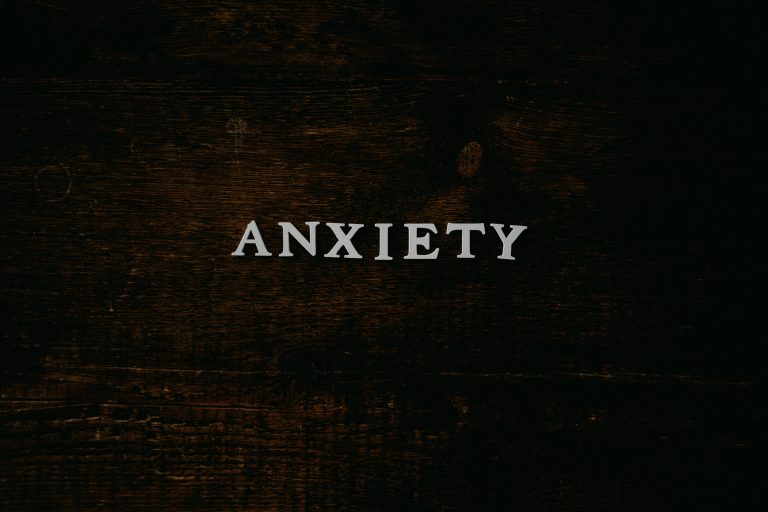Anxiety: How It Can Affect Your Life
Anyone can experience anxiety every once in a while. It comes, then it goes. That is why many do not think of it as a big deal. People have come to accept that it’s normal. But in some cases, anxiety sticks around longer than expected, and it can impact one’s life severely.
There’s more to anxiety than just being paranoid, worried, and nervous – even about the little things. Anxiety has symptoms and side effects that you should look out for.
This disorder can occur at any point in your life. But before you seek any kind of treatment, you must first be sure about the problem. Is it really anxiety? How can you tell?
Because it’s considered common, anxiety can sometimes be difficult to identify. But there are physical symptoms that can help you confirm your suspicions.
One of the most alarming signs are sleeping problems like insomnia, and digestive issues, such as nausea and stomach pain. When you’re nervous, you might find your heart pounding hard and your body trembling with abnormal sweating. Common symptoms include the following:
Shortness of breath
Muscle tension
Headaches
Fatigue
It’s worth noting that there are different types of anxiety, like generalized anxiety disorder (GAD), social anxiety, and phobias. Some of them have exclusive symptoms that are not mentioned above. These unique symptoms are associated with the person’s specific fear or phobia.
The symptoms may be a result of substance abuse, serious medical concerns, and traumatic life events. They can be triggered immediately or show up years later.
Anxiety disorders affect your physical and mental health. Many experts believe that anxiety forms in the amygdala, the part of the brain that is responsible for our emotional responses.
Constant panic attacks cause our brains to regularly discharge stress hormones like adrenaline, which is supposed to be released only on high-stress occasions. But when you have it on a long-term and daily basis, your physical health can be in danger.
Your immune system will be weakened, putting you at risk of diseases and infections. The stress hormones can also lead to hyperventilation, which often makes one feel faint, dizzy, and weak.
Anxiety can, overtime, lead to heart diseases – as it increases the possibility of blood flow interruptions. In other words, heart attacks. Even if you’re otherwise healthy without heart complications, anxiety can precipitate cardiac issues, if left untreated for a long duration of time.
Cortisol, one type of stress hormone, shuts down the process of any system in the body that’s not needed for immediate high-stress situations. One example is the digestive system. That’s why different digestive disorders occur with anxiety, which often lead to loss of appetite.
The physical effects can bring about another consequence – social issues. Anxiety can lead to depression, low self-esteem, isolation, hypersensitivity, and other negative factors to your social life.
Practice self-care. Eat well and sleep well. Keep your mind and body active. Avoid the things that trigger the symptoms. Reach out to friends more.
However, some cases need more than that. To completely relieve yourself of anxiety, seek professional help. Here at Empire Care Clinic, we can help assess your situation and offer a solution that will improve your overall well-being. Reach out today!




